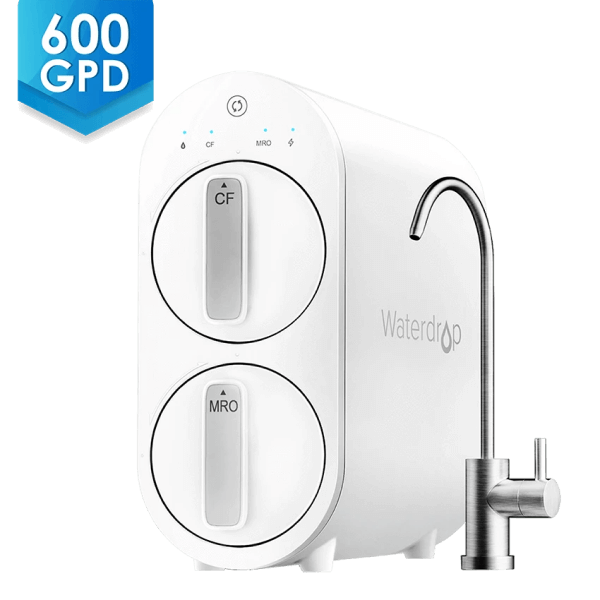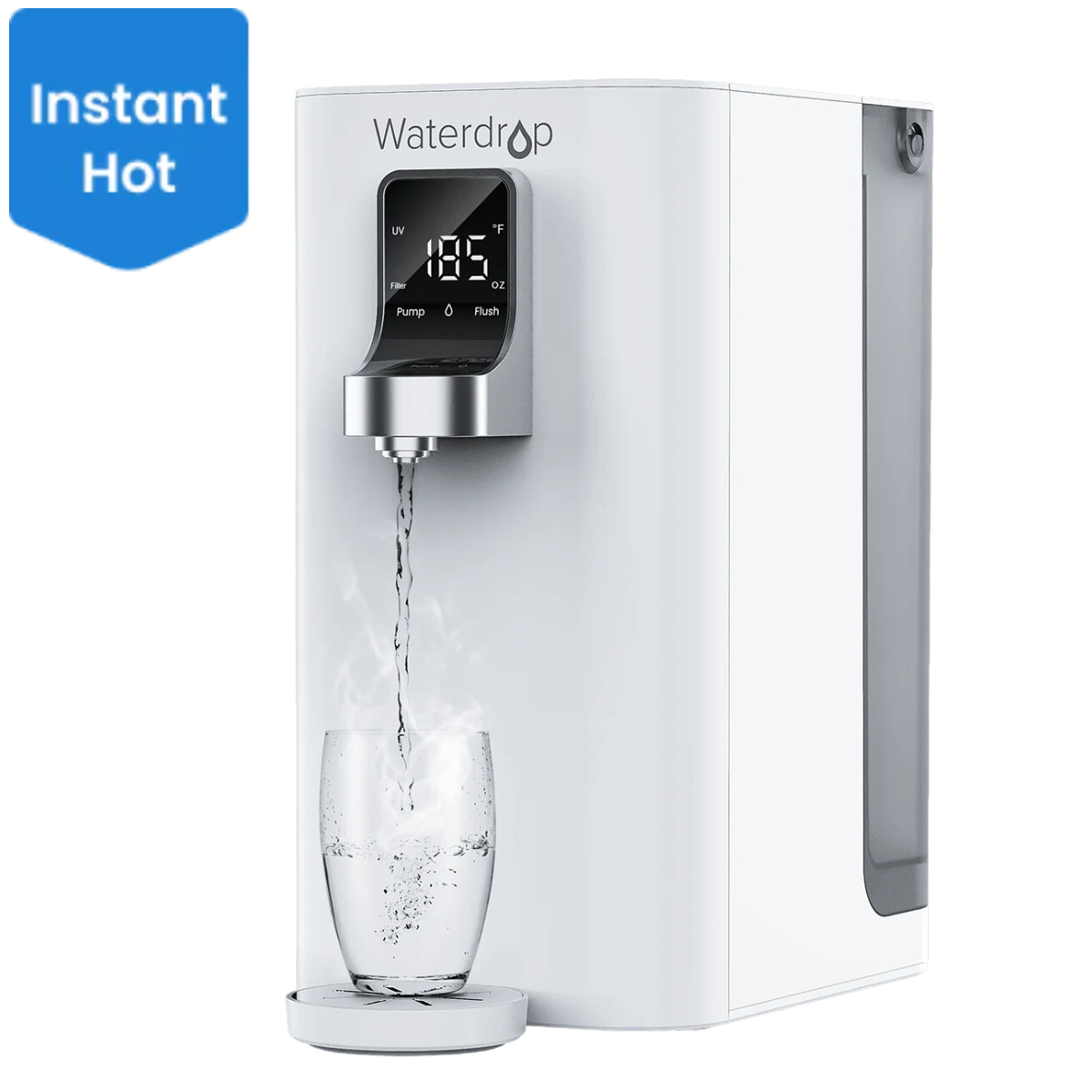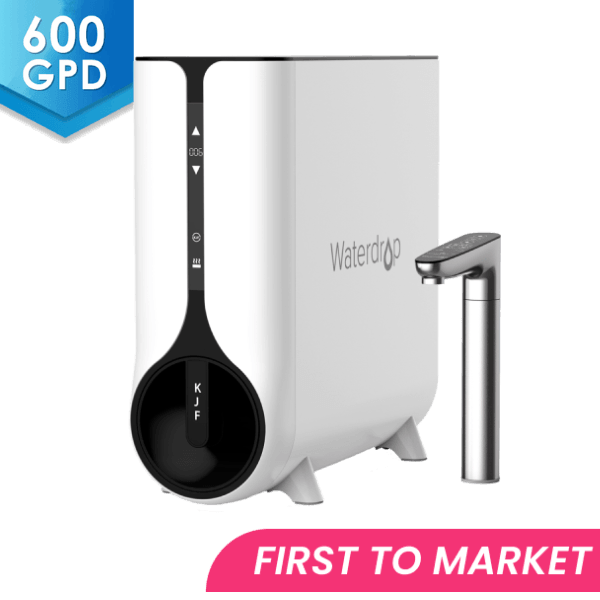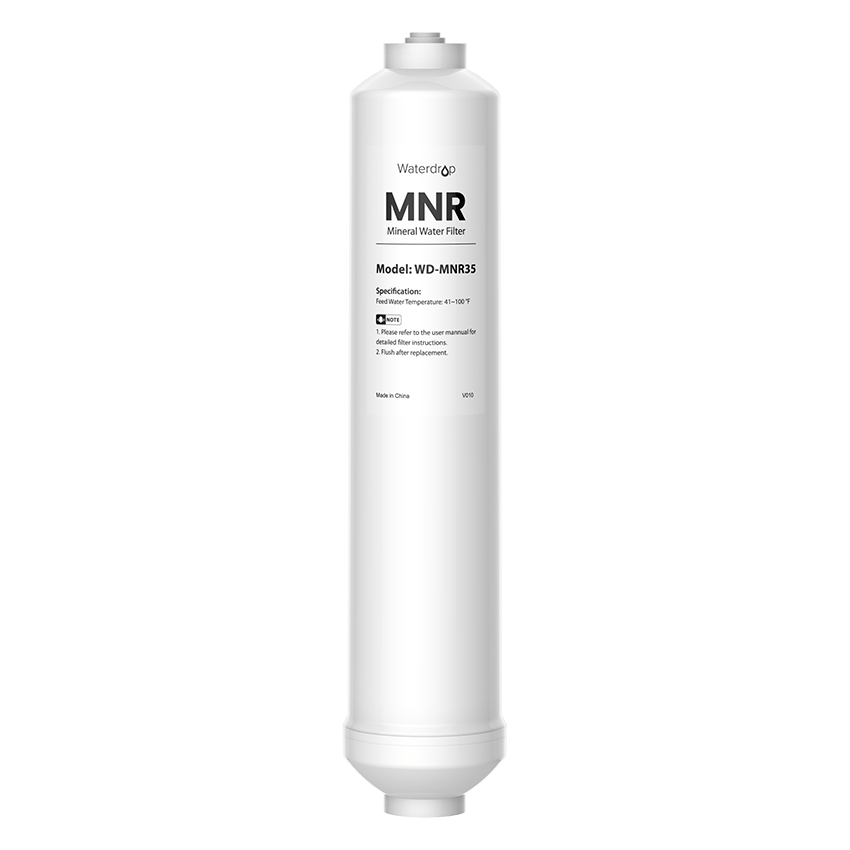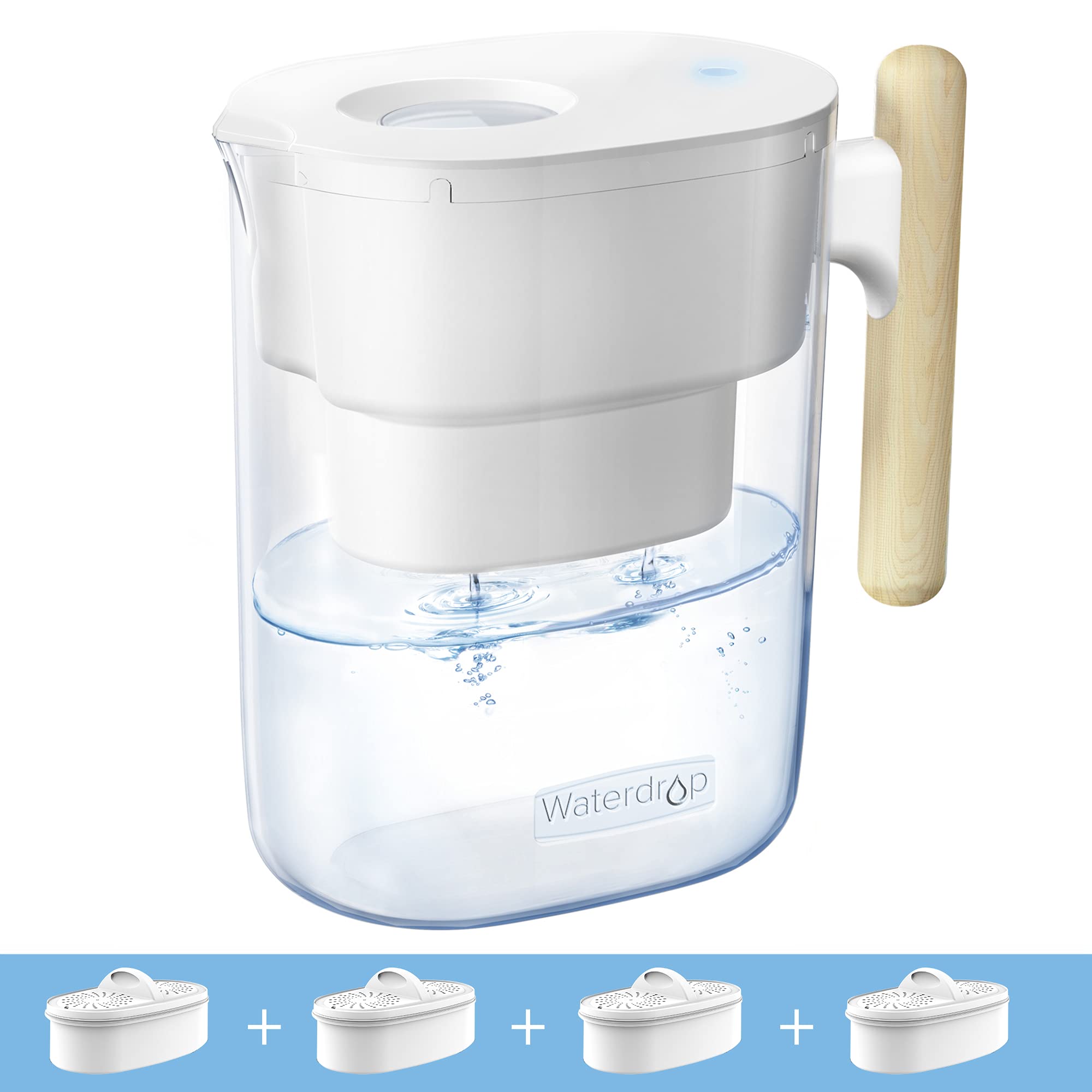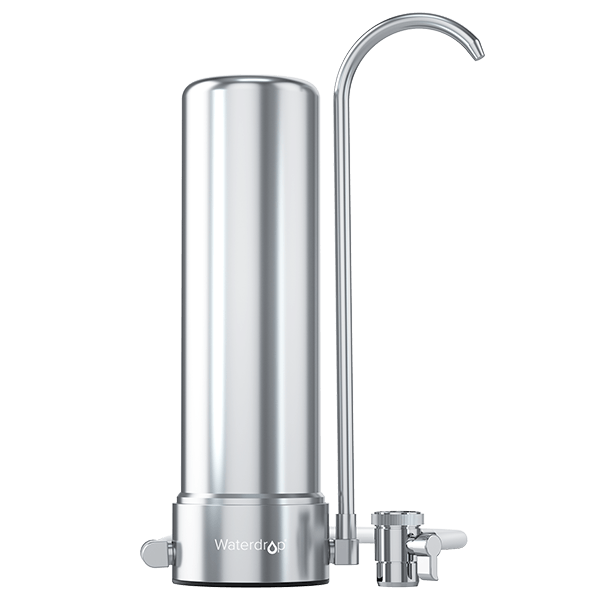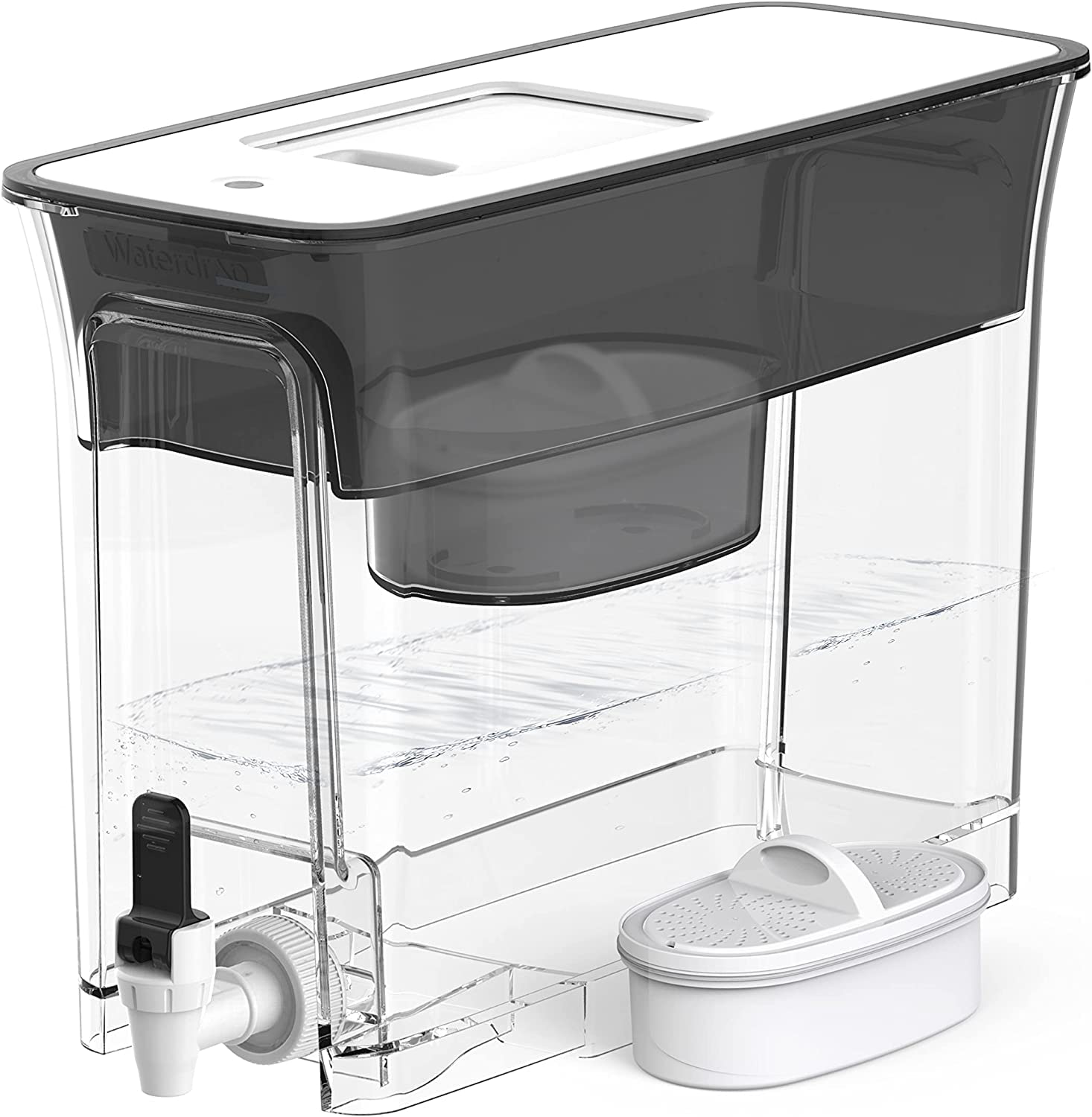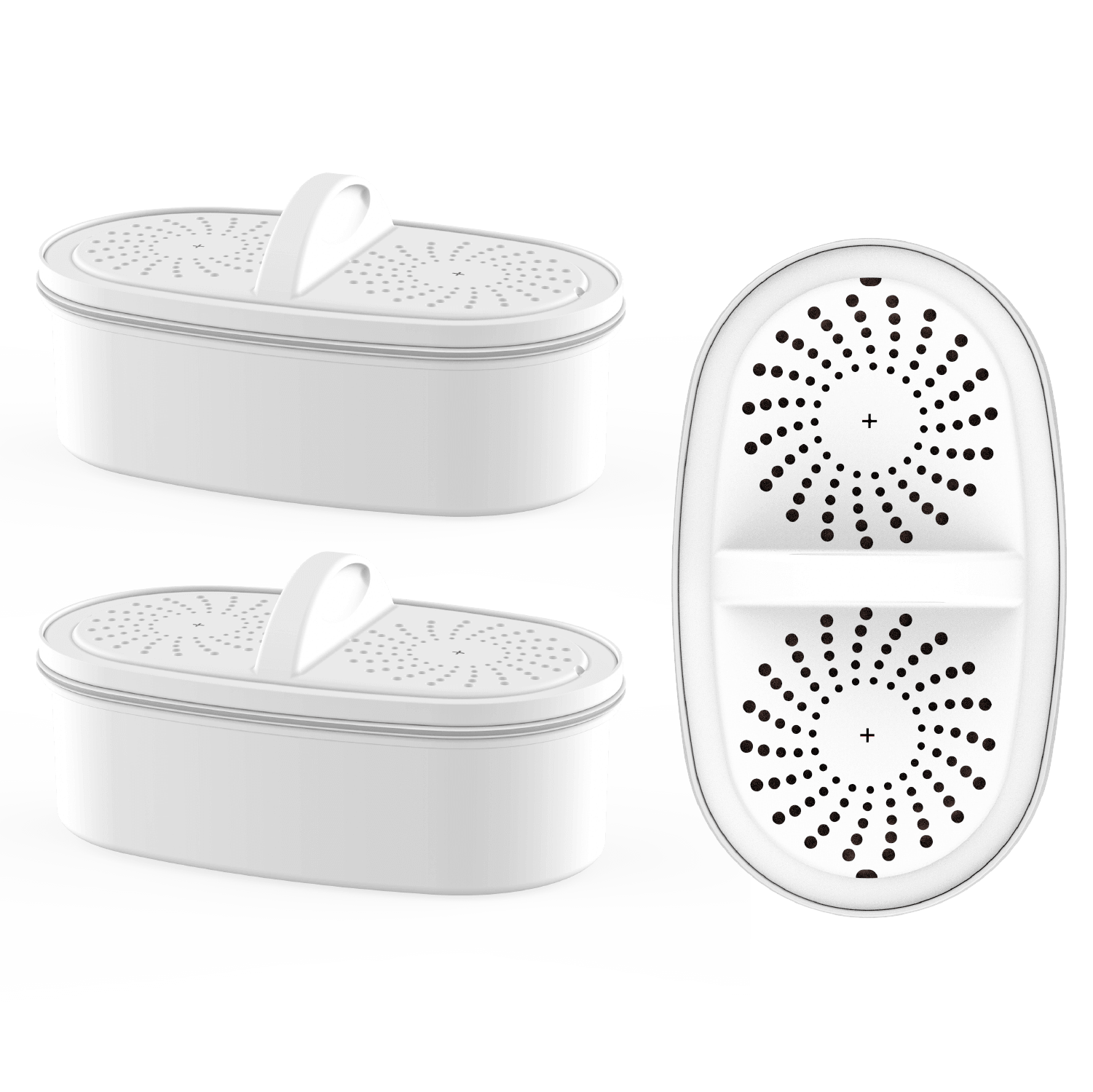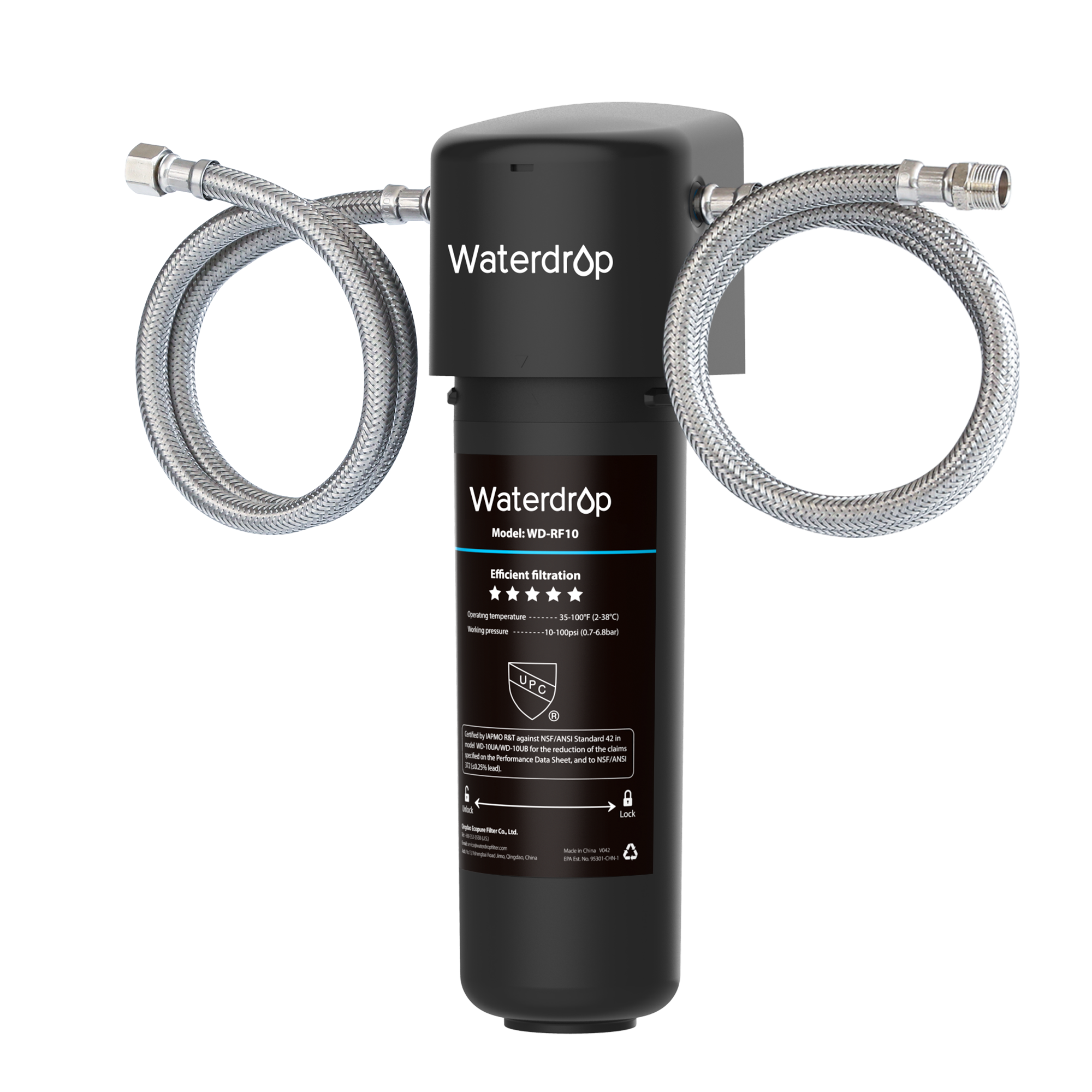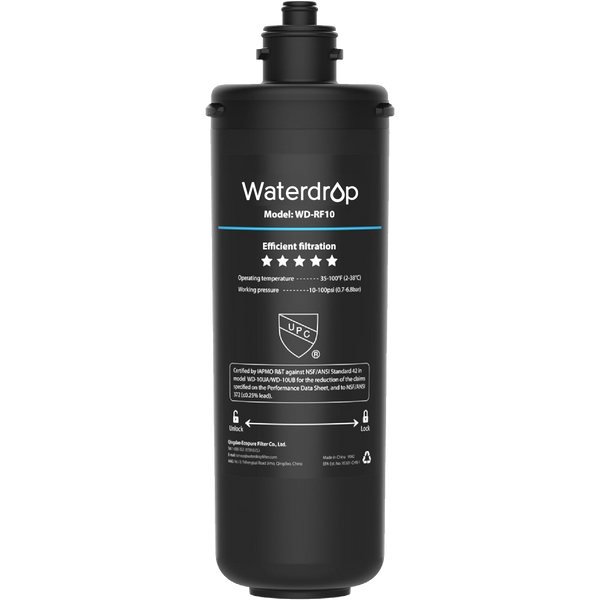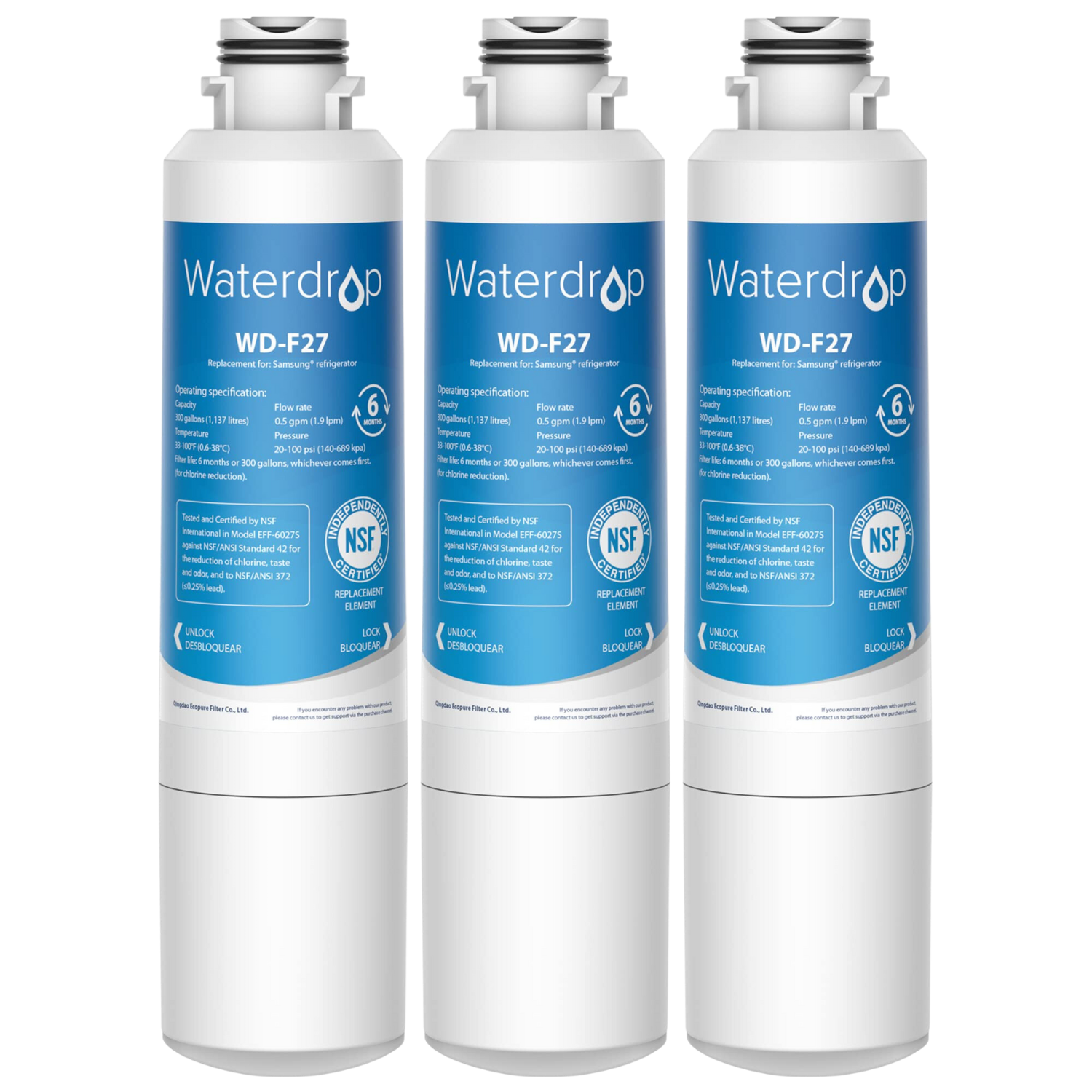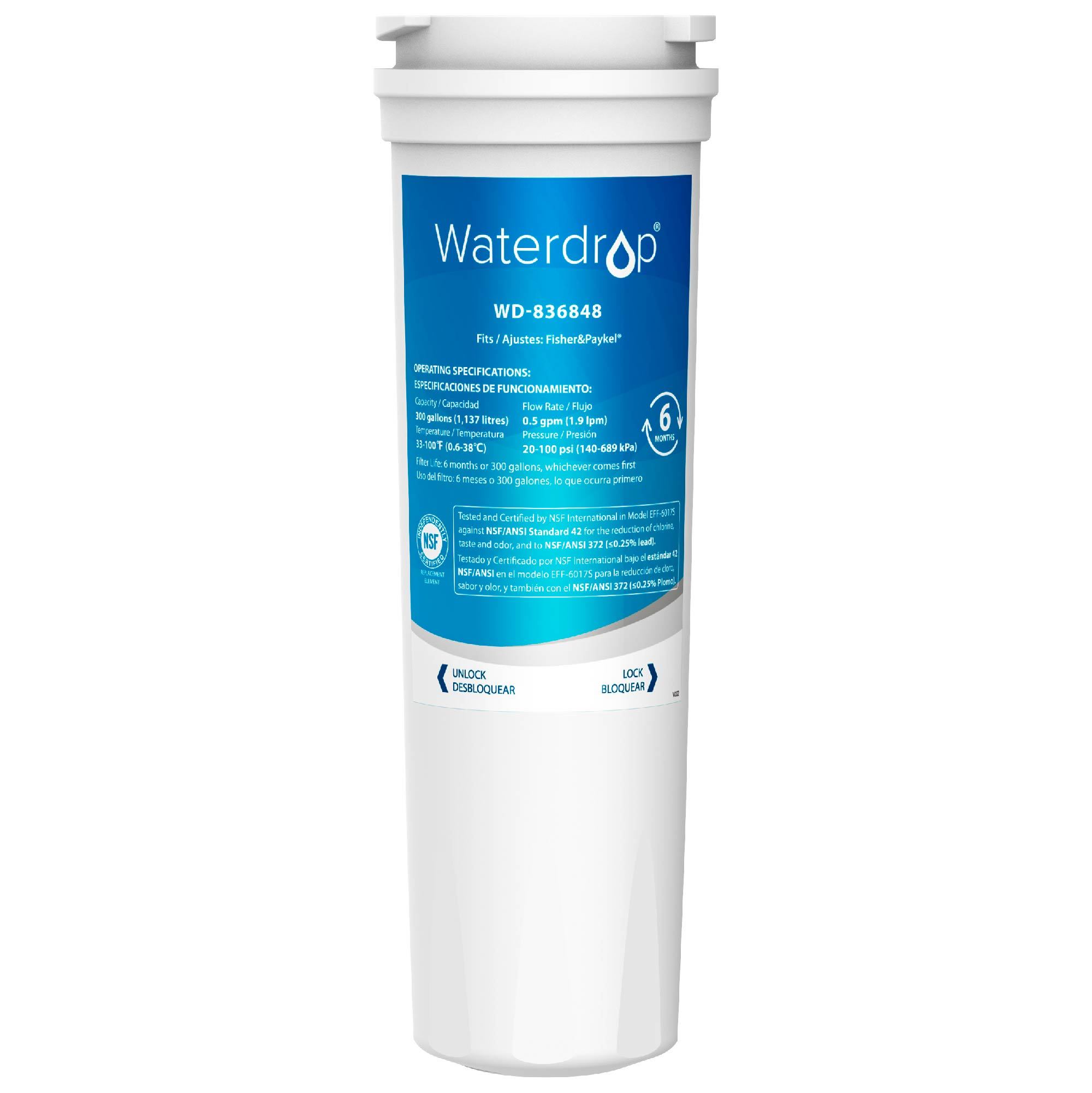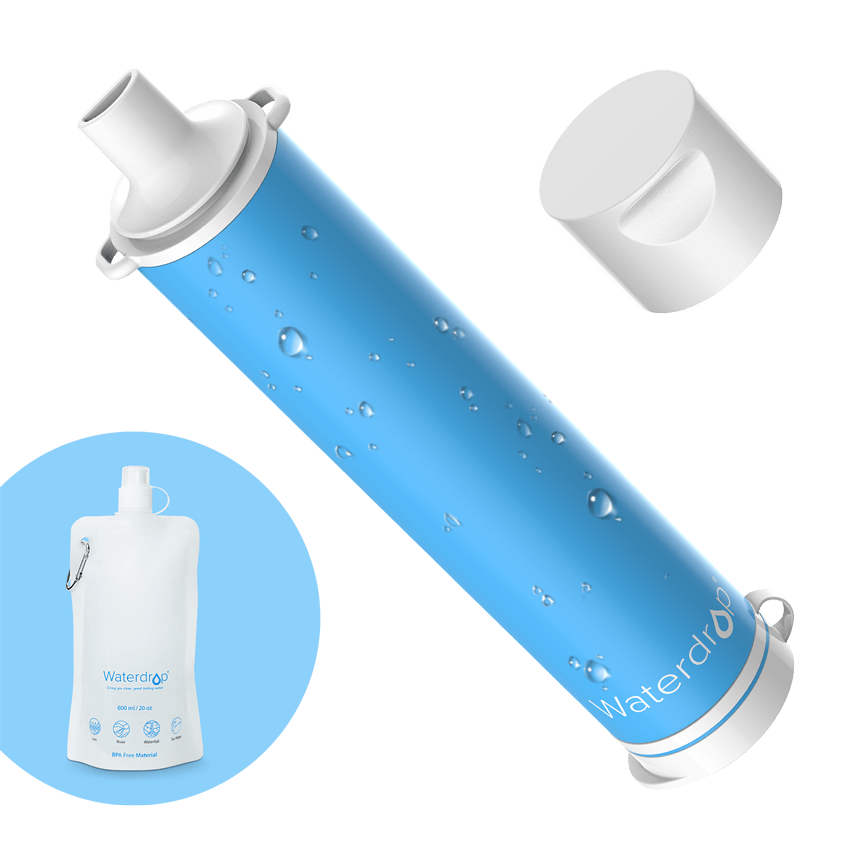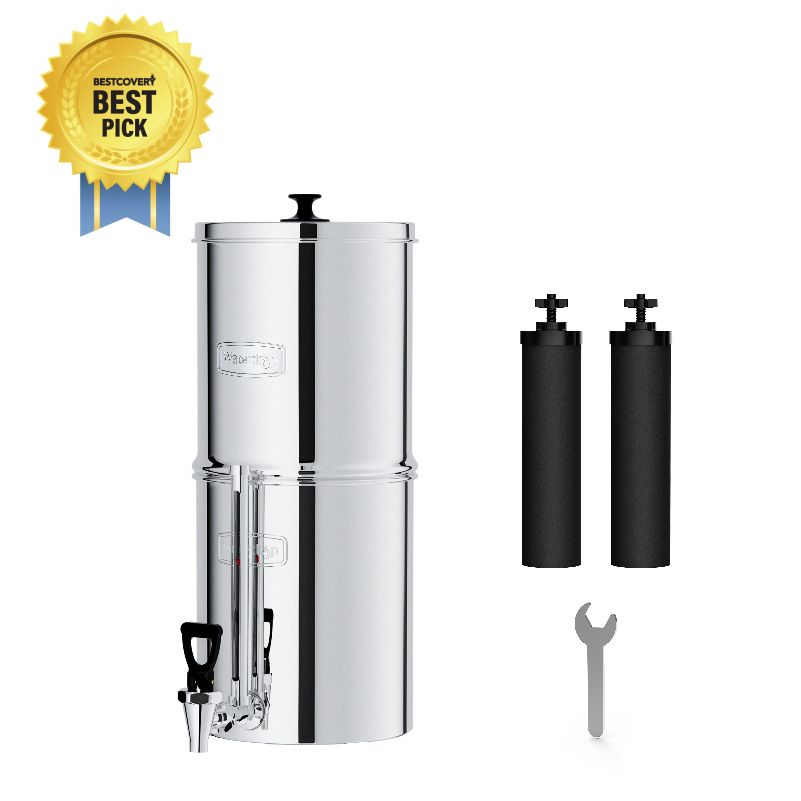What Is A Water Softener?
by Dr. Jonathan Doyle - Updated February 07, 2024
Water is essential for daily survival, from washing food to staying hydrated. However, the water we use is different. A problem that many people have to deal with daily is hard water, which contains a lot of minerals like calcium and magnesium. Let’s look into the world of water softeners, which were made to solve these problems caused by hard water.
Definition of Water Softener
The water softener is a complete filter system designed for entire households. An ion exchange method can eliminate the magnesium and calcium minerals that make water hard. Hard water is very bad for homes because it builds upscale in the pipes, clogging and lowering the water flow.
Dishwasher, coffee machine, and ice maker all have shorter life spans because of this scale. Also, machines that heat water are especially weak. When water gets hot, calcium and magnesium harden, leaving deposits inside water heaters. Because of the scale that sticks to the hot element during this process, a sound that sounds like popcorn popping is made.

Without a water softener, dishes often come out of the dishwasher stained and streaked, and clothes often need extra soap to keep them from looking dirty. Soap and shampoo don’t foam up very well, and bathroom curtains get filmy scum on them. If you bathe in hard water, your skin might get dry and itchy, and your hair might get limp and sticky. These effects of hard water are hard to fix and cost a lot of time, work, and money.
A whole-house water filter can help with this. The issues brought on by water hardness are effectively fixed by this system, leading to better and more efficient water use throughout your home.
If you are looking for reverse osmosis system in UK , click to learn more.
How do Home Softeners Function?
An ion exchange water softener that works with salt can eliminate limescale by removing harmful minerals from the water before it gets to your taps. This type of water softener is built into the plumbing system and is usually put near the main water intake so that your whole house can use softened water.
The ion exchange process in these whole-house water softeners gets rid of the calcium (Ca) and magnesium (Mg) ions that cause limescale and adds sodium (Na) ions in their place. Hard water has calcium and magnesium ions that make it hard. A water softener removes these ions and adds sodium ions in their place.

A brine solution is used to clean the resin beads in the softener. This process is called regeneration. As a result, the beads get new life and continue to smooth water well. It’s important to remember that this process of softening the water only adds a very small amount of extra salt, which is usually safe to drink. Installing a water filter, on the other hand, can lower the salt level even more and make the water taste better if you are worried about it.
How Can You Tell If a Water Softener Is Needed in Your Home?
It’s important to know if you need a water softener for the health of your home and your own comfort. If you see a lot of soap scum buildup, your towels get stiff and hard, or you have trouble making a good lather in the shower, they may be caused by hard water. You need to get a hard water filter for your home.
People with private wells with tough water are just some who need water softeners, despite what most people think. The water in your town or city can be hard right from the tap. Cities and towns clean the water to eliminate harmful substances, but they usually leave the hardness minerals in since they aren’t harmful to health.

Knowing that any level of water hardness can hurt your home and your daily life is essential. If you have a well, you can’t get your water treated by the city, so you may need other cleaning methods to improve it.
What to Look for When Choosing a Water Softener?
A few key factors must be taken into account when choosing the right water softener. You must first choose the type of water softener you want. While traditional water softeners are preferred by most households, there are some circumstances where a salt-free softener might be more appropriate.
The size of the softener that is needed must be determined as the next critical step. The size of your home and how much water you use each day will determine this choice. In exceptional circumstances, such as households with sports-active kids who frequently use the washing machine, a larger soft water system may be required to meet the demand.
Every day, the average human consumes 100-175 gallons of water . The number of people in your home should be multiplied by 100 to determine the appropriate size softener. Then, multiply this figure by the amount of hardness in your water, which can be calculated using a test strip for hard water. This calculation enables you to choose a water softener that can successfully handle the water hardness unique to the requirements of your household.

Water Quality Issues
A typical problem brought on by hard water is the formation of limescale inside your home appliances. When calcium-containing water is heated, it crystallizes into limescale, which builds up in things like dishwashers, washing machines, and kettles. Their effectiveness is greatly diminished by this accumulation.
Limescale also has a negative effect on the performance and efficiency of your heating system. It serves as insulation, slowing down the flow of water and increasing the energy needed to heat it, ultimately increasing your heating costs. Hard water minerals in your plumbing system cause limescale buildup , which leads to malfunctions and higher maintenance costs.
Your skin’s reaction to the minerals in hard water can result in dryness and itching. Itchy skin conditions like eczema may be made worse by hard water. When you wash your clothes in hard water, they may lose their color and softness and feel scratchy next to your skin. Additionally, too many minerals build up on your scalp, resulting in dull, frizzy hair that needs more shampoo.
Hard water minerals also leave stains on faucets, furniture, and cutlery. Bathroom surfaces develop soap scum, which makes cleaning difficult and time-consuming. As a result, you spend more time and money on maintenance and cleaning supplies.

Long-term effects of hard water on your household budget include increased cleaning costs and the need for appliance repairs. Due to excessive use of energy and cleaning supplies, it also impacts the environment. Solving your hard water problems can help you save money and make your house eco-friendlier and more efficient.
Is Drinking Soft Water Safe?
Yes, drinking soft water is safe. Calcium and magnesium, two minerals that contribute to water hardness, are taken from softened water during treatment. The ion exchange process is used by water softeners to replace these minerals with sodium or potassium ions. The tiny amount of sodium or potassium added during this process is typically far below the levels that are advised as part of a healthy diet’s daily intake.
But if you must follow a low-sodium diet because of a medical condition like high blood pressure, you might want to think about using a different water source for drinking and cooking, like a separate unsoftened water tap in your kitchen. Additionally, patients with particular health issues should speak with their doctor about their water intake.
Aside from that, it is important to note that some people prefer the taste of hard water to that of soft water. In such situations, drinking water selection may be influenced by personal preference.


